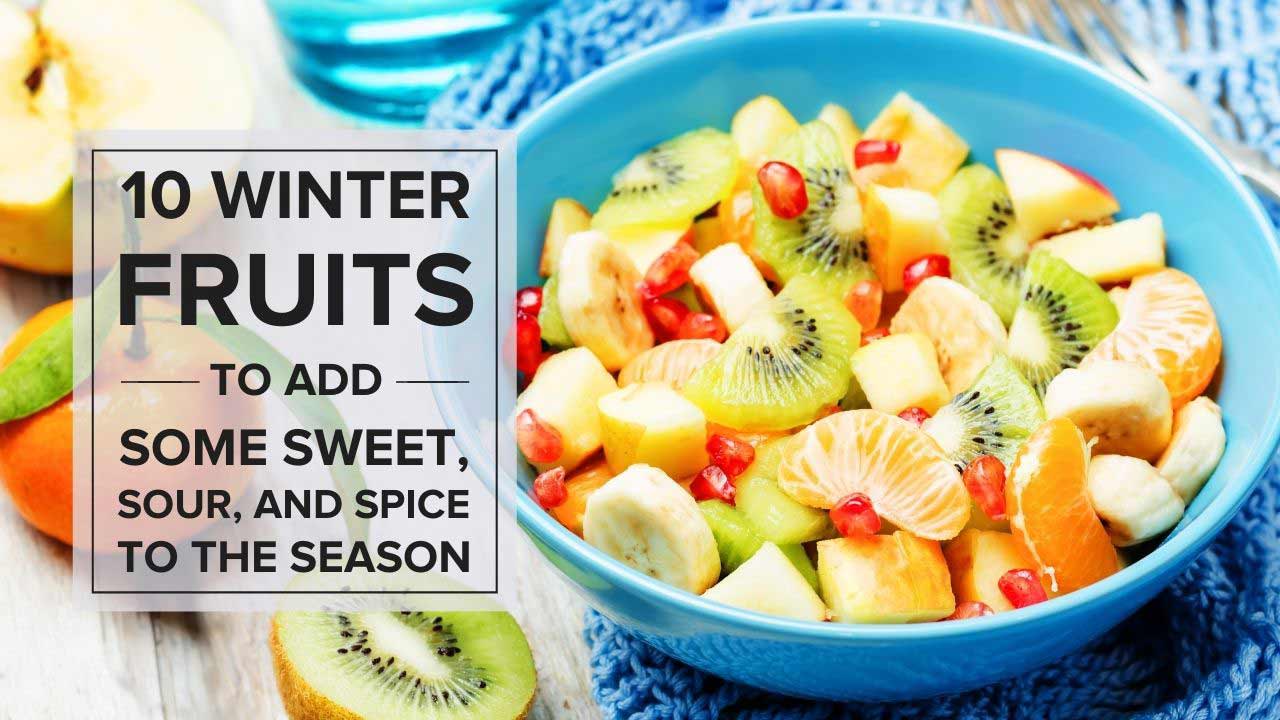
The winter season is often associated with snow, winter hats, and hot cocoa, not brightly colored, fresh fruit. However, there are some winter fruits that are sleeper hits, and can be incredibly delicious to enjoy during the winter season!
In this blog post, we will discuss why winter fruit consumption (and fruit consumption in general) can be so great for your health, and talk about our favorite winter fruits to add some sweet, sour, and spice to the season!
Winter Coats, Cold Weather, and Fresh Fruits?
When we hit the winter months, there are a lot of things that pop into our heads. The chilly weather, winter coats, hot cocoa and... the winter fruits?
If that seems surprising, you're not alone! In fact, most people don't know that even though many fruits and vegetables don't thrive quite as well during the winter months, some are actually even better during this time of year.
Tropical Fruits Aren't the Only Game in Town!
It's often thought that fresh fruit is a summer thing. We reach for cold drinks with slices of watermelon or mangoes when the temperature starts to rise. However, there are plenty of winter fruits that can add some delicious variety to your winter diet!
And before we get into them, it's worth remembering exactly why it's such a good idea to balance out every hearty stew and cup of warm tea with some delicious winter fruits!
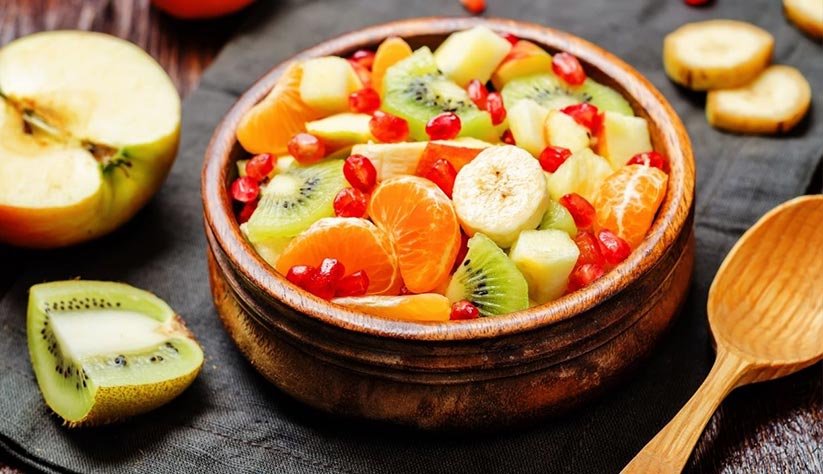
7 Quick Reasons to Keep Fruits on the Table in the Winter
Seasonal and Delicious Options
The first is that for some fruits, winter is the peak season! This means that you can get your hands on winter fruits that are fresher, and more delicious, than any other time of year, especially at local farmers' markets. But you can even find them at the local grocery store!
So if you're a fan of enjoying fruits and vegetables at their absolute peak of freshness and flavor, you'll want to pay attention to which fruits are thriving during the colder months!
A Tasty Alternative to Sugary Holiday Snacks
Another great reason to enjoy winter fruit is that they offer a range of different flavors which can really add some excitement to your winter diet. From sweet and sour tangerines to warm and spicy ginger, winter fruit can be a tasty alternative to sugary holiday snacks.
Talk about avoiding the holiday heaviness without feeling like you're missing out!
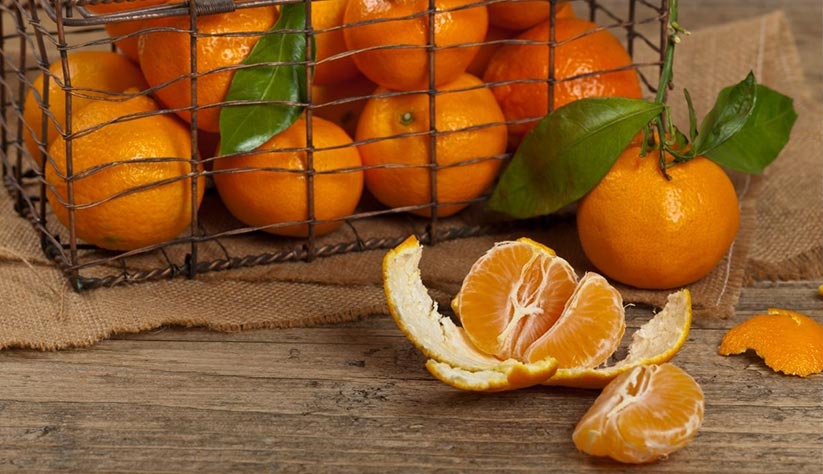
Adding Variety to the Old Classics
Another reason to enjoy fruit during the holiday season is to add some variety to the old classics. Think of the biscuits and jams, the mashed sweet potatoes, the hearty stews, brussels sprouts. These are all great bases, but they can lack a little bit of flair and fun.
That's where winter fruit comes in! They add a delicious fruity twist to winter meals and really can make some of the old classics feel like brand new experiences.
Packed with Vitamin C For Cold and Flu Season
And adding citrus fruits and other winter fruits to your diet during the winter has more benefits than just being tasty!
One of the winter months' biggest enemies is cold and flu season, which can be a nonstop assault on your immune system. And guess what? Vitamin C isn't just good for keeping your immune system healthy, it has some great anti-inflammatory properties that can also help to fight against any winter aches or pains you might be experiencing!
Add in the fact that most fruits (especially citrus fruits) are a great source of potassium and vitamin C, and winter fruit consumption becomes a no-brainer for warding off colds and other winter ailments!
Your immune system will thank you!

A Dense Source of Energy for the Cold
You may know already that fruits are a great source of healthy sugars, but winter fruit is a particularly good way to add some quick energy for the winter months. During cold weather, we tend to eat heartier winter meals and we often need a little bit of extra energy.
That's where winter fruit comes in! They add some sweetness, but they're also packed with more fiber content than many winter comfort foods, which makes them the perfect way to get your quick winter boost without too many added calories or sugars.
Lots of Antioxidants for Dry Skin
And it's not just internally that seasonal fruit makes a difference! Most fruit is packed with antioxidants, like winter berries and citrus fruit, and can also make a big difference when it comes to your skin health.
Antioxidants help your skin by fighting off the dryness and flakiness that winter can often cause, as well as helping to protect your skin from harmful UV rays.

So if you're looking for an easy way to improve your skin health in winter, adding a few pieces of fruit into your diet is a great place to start!
Many, Many Other Health Benefits
And we're just touching on how fruit can improve your overall health. Honestly, that's true not just for colder times of the year either. Early winter, early summer, early spring -- fruit is good for you and has dozens of health benefits year-round!
Our Favorite Winter Fruits
So without further ado, we'll get into our favorite fruits to enjoy during the winter!
Apples
We'll start with a classic -- apples! Apples are a winter fruit that can be enjoyed in many different ways. You can eat them fresh, cooked into winter dishes, or even dried and stored for later consumption. I'm sure you've enjoyed the pies or ciders as well!
What's great about apples is that they're packed with antioxidants and fiber, making them a great way to improve your health during the winter season!
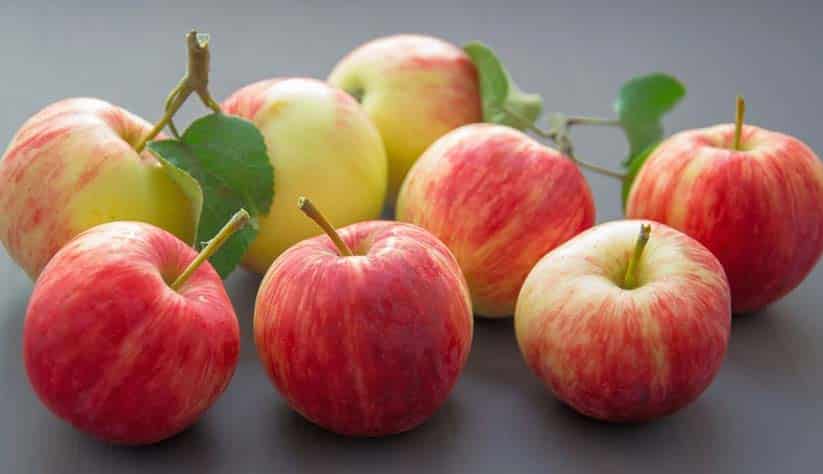
All Kinds of Citrus
We're cheating a little bit here by compressing all citrus fruit into one category, but there's just so much to enjoy! Mandarin orange, regular oranges, lemons, limes.. all of these winter citrus are packed with Vitamin C, antioxidants, and deliciousness!
What's great about winter citrus is that they're perfect for adding a little sour and tartness to winter dishes. They also make a great way to add some brightness and color to winter meals as well!
And honestly, in most climates, no matter what time of year, it can be hard to beat a good orange.
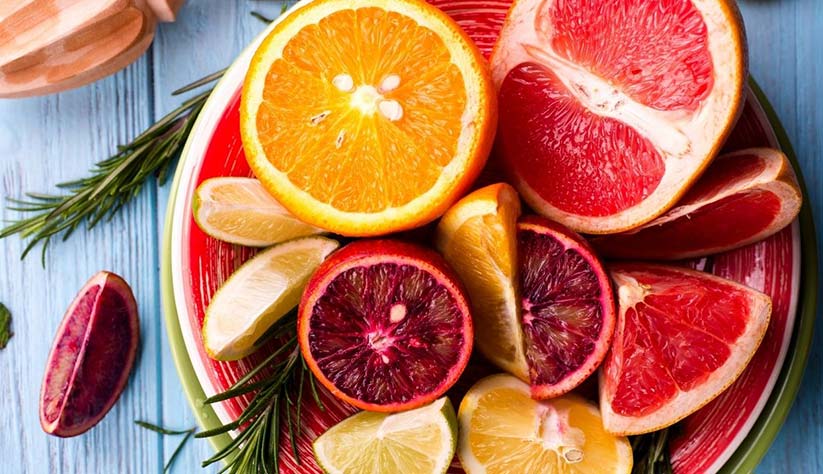
Pomegranate
Another winter favorite is the pomegranate. This winter fruit is a little harder to find, but it's definitely worth the search!
What makes the pomegranate so great is that it's packed with antioxidants and fiber, as well as being low in calories. It also has anti-inflammatory properties, making it perfect for winter aches and pains!
Add in all that you can do with pomegranate (pomegranate juice, pomegranate jam, pomegranate flavorings in drinks), and you've got a versatile winter treat!
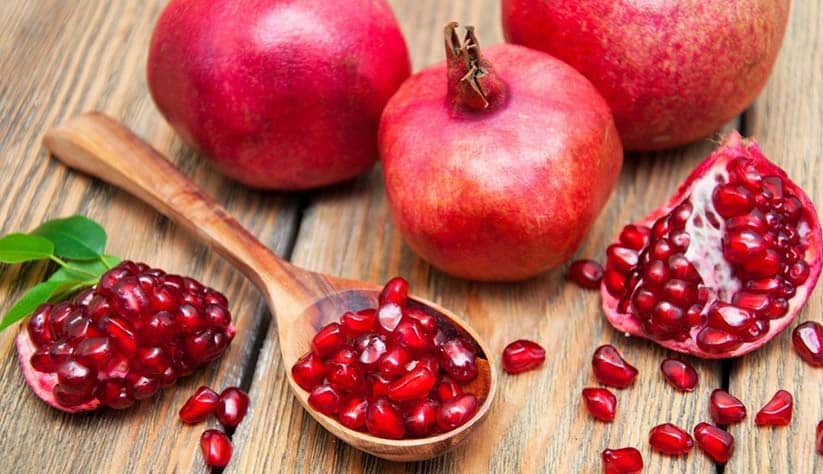
Grapefruit
Grapefruit is another of the best fruits to enjoy this time of year, as it's packed with Vitamin C, antioxidants, and healthy fiber.
What's great about grapefruit is that it pairs well with winter dishes or can be eaten fresh on its own! It also has a delicious sweetness that winter often lacks.
Some of our favorites are the ruby red grapefruit, which is extra tart and juicy, as well as the white grapefruit, which has a lovely sweetness to it.
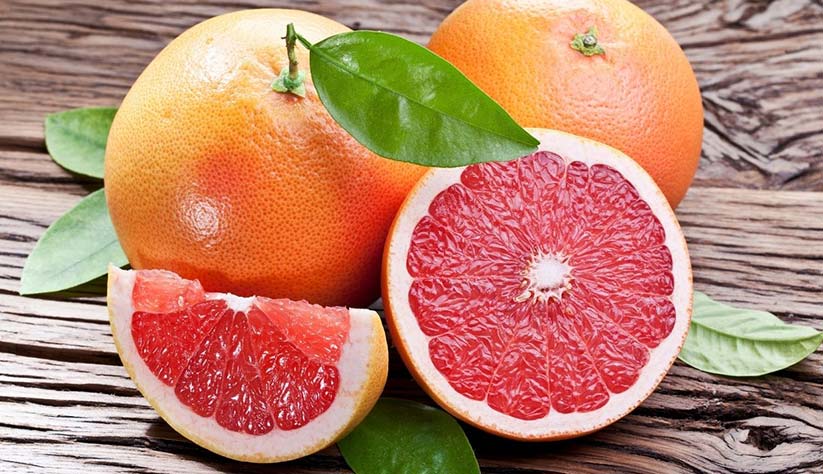
Persimmon
Now you may have not heard much about persimmons, but you'll be happy you did! The persimmon is a fruit that is often overlooked, but it's definitely worth trying, especially in the winter!
These fun snacks actually grow all over the world, but they're in season during winter. They're often used in desserts and are a reddish-orange color.
What's great about persimmons is that they have a ton of Vitamin A and beta carotene, as well as being a good source of fiber. They also taste delicious!
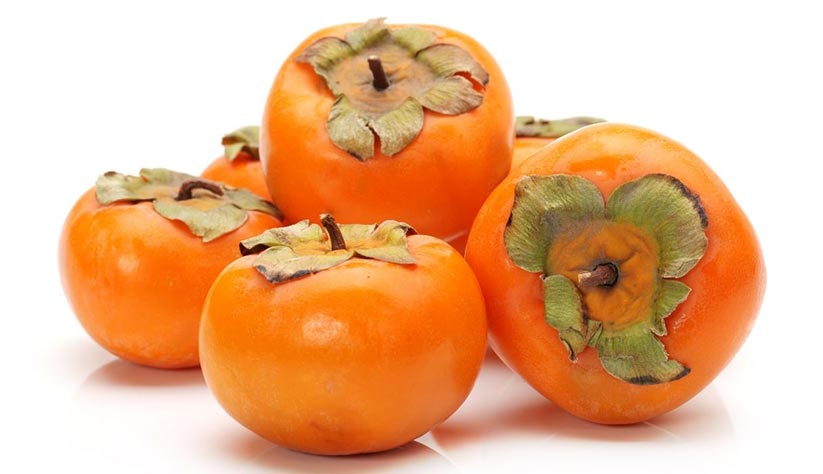
Kiwi
If you've ever seen the fuzzy skin and bright green color of the kiwi and thought "tropical fruit", then it's worth thinking again! Because even though kiwis grow in warmer climates and are a favorite snack in many parts of the world, they're also a delicious winter option!
Kiwis are packed with Vitamin C and antioxidants, as well as being low calorie. These small fruits also have a lovely sweetness to them that makes them perfect for winter snacking!
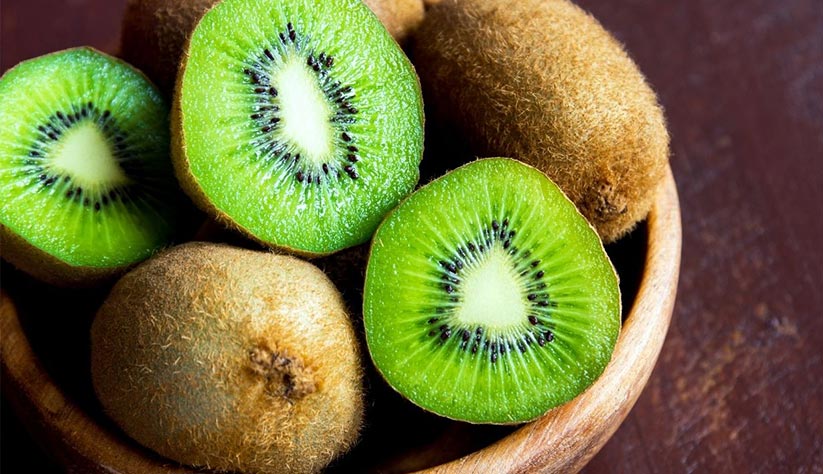
Guava
Getting into some slightly rarer but no less delicious treats are the winter guavas! These interesting plants are originally from Central and South America, but they also grow in winter climates as well.
What makes winter guava so great is that it's packed with all kinds of healthy goodies -- calcium, iron, fiber, folic acid, vitamin C... even protein! It also tastes amazing on its own or mixed into winter dishes.
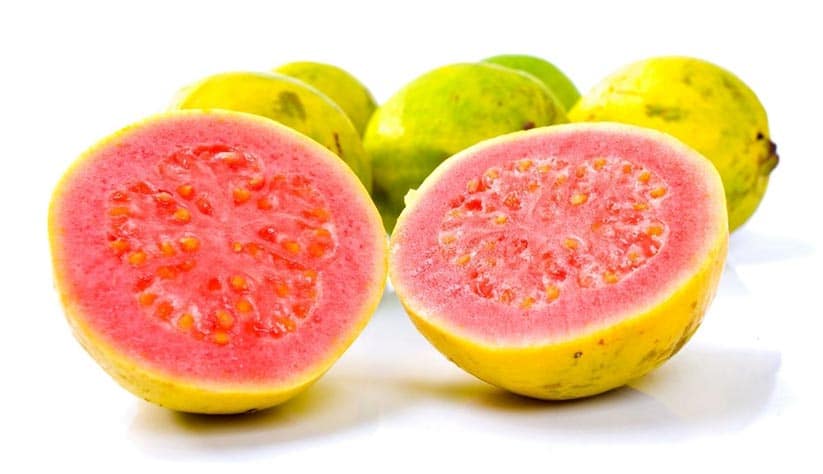
Strawberries
One fruit you may have heard of for early spring and summer, but is also fantastic during the winter, are strawberries! As it turns out, strawberries actually thrive during winter, making them a winter treat you should definitely try!
What's great about strawberries is that they're packed with Vitamin C and antioxidants. They also contain the antioxidant ellagic acid, which has been shown to have anti-cancer properties!
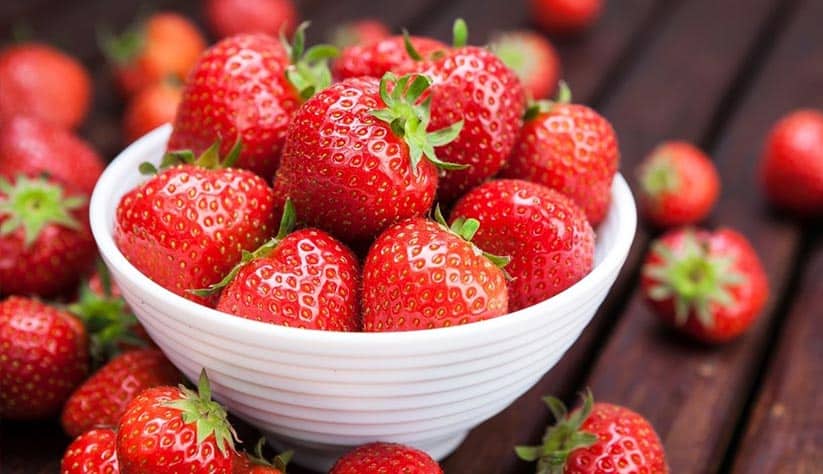
Plums
Getting on towards the end of our list are plums! These lovely winter fruits are a great source of Vitamin A and potassium, as well as being low in calories.
What's great about plums is that they come in many different colors and flavors, so there's definitely one for everyone! They also make a delicious addition to winter dishes or can be eaten on their own.
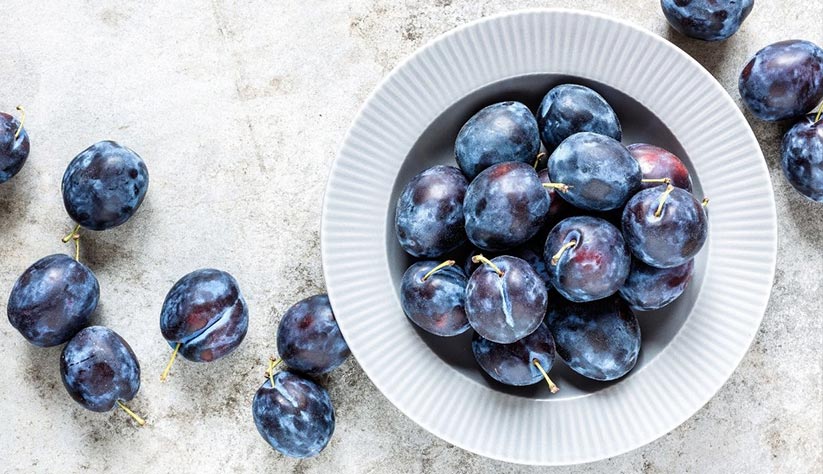
Grapes
And while you may have enjoyed wine during the winter, it turns out that fresh grapes thrive during this time of year as well! This happens because winter grapes are actually winter-grown!
Not only do grapes offer an excellent variety of colors and flavors including green, red, black, and purple. They're also a good source of Vitamin C and antioxidants. Grapes are perfect for winter snacking or can be used to add sweetness to winter dishes.
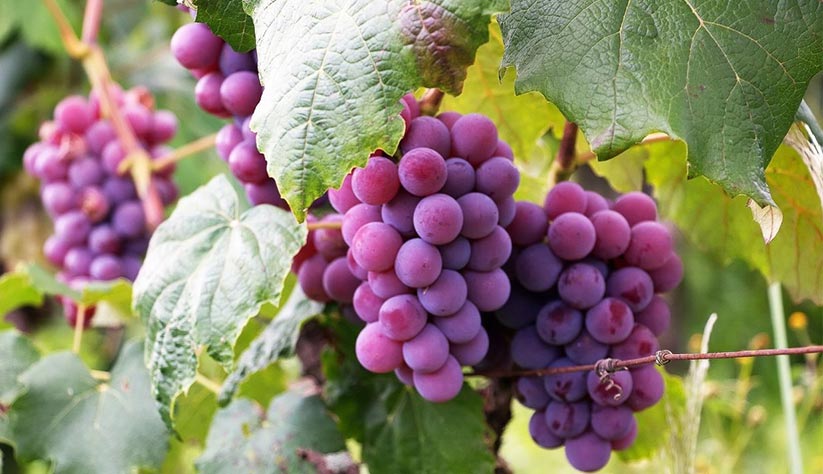
Bonus Answer: Winter Squash!
And we wanted to sneak one last answer in here -- winter squash! Even though we usually think of squash as a vegetable, winter squash is actually a fruit, which is why we wanted to include it on this list.
When it comes to enjoying a hearty and healthy treat during the colder seasons, it's hard to beat winter squash. Not only does it play nice with essentially every single cold-weather staple, but it's packed with key vitamins and nutrients that can make a major difference.
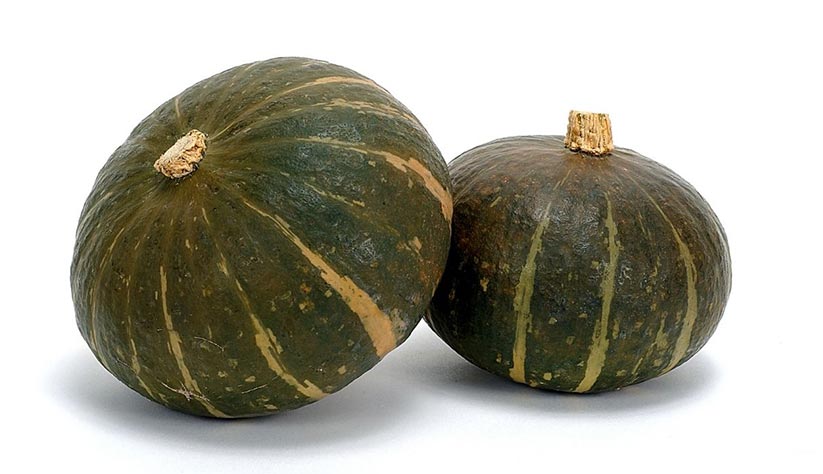
Definitely, something to put on your list!
Winter Vegetables Are Great Too
We've focused a lot on fruit in this article, but that doesn't mean that you should ignore vegetables! After all, vegetables are a foundational part of the hearty soups, stews, sides, and snacks that keep us warm and well-fed during the winter.
Brussels sprouts, root vegetables, cold-weather cruciferous vegetables -- they're all excellent additions to your diet that can make a big impact.
Anything to Avoid?
The good news is that when it comes to eating fruits and vegetables, you're almost always going to be in a good situation. The only thing that we recommend looking out for is additives.
Certain jellies, jams, and preserves can be packed with unhealthy additives like sugar and syrups. And candied fruits, along with anything cooked in bacon or covered in oil aren't going to be a good idea, no matter how tasty!
But stick to fresh, simply-prepared plants and you'll be in a great spot!
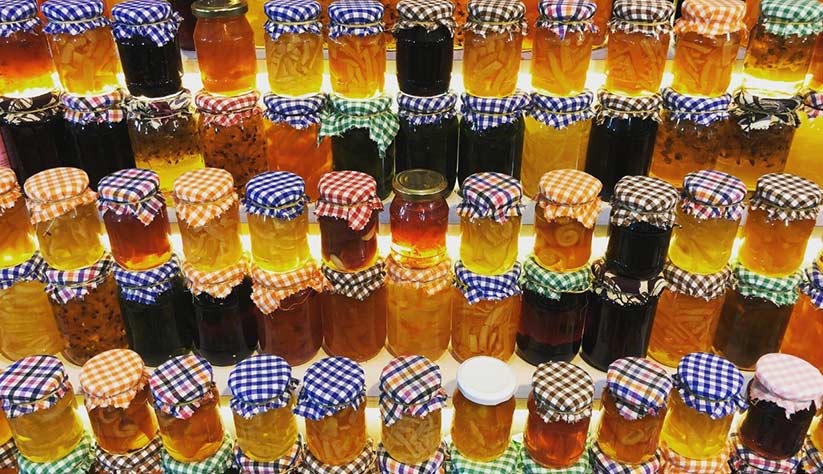
The Final Word
Even though you might not always think of fruit as a great option when you come out of late fall and into winter, but that doesn't mean that it's not a great idea! If you're looking for a healthy, tasty option that's fresh and fun during the colder season, try some of the winter fruits above!
Looking for Recipes?
And if you're looking for recipes to help you out along the way, here's a pro tip -- you can explore ideas involving all of these options right here at Mastering Diabetes!
Our recipes are carefully planned to support a low-fat, plant-based, whole-food lifestyle (which includes vegan if you were wondering) that is designed to provide you more energy and improved overall health while also helping reverse insulin resistance, the key factor in diabetes.
Lower Your A1c and Get to Your Ideal Body Weight ... Guaranteed

Your results are guaranteed. Join more than 10,000 ecstatic members today
Personalized coaching puts you in immediate control of your diabetes health, helps you gain energy, improves your quality of life, and reduces or eliminates your meds.




